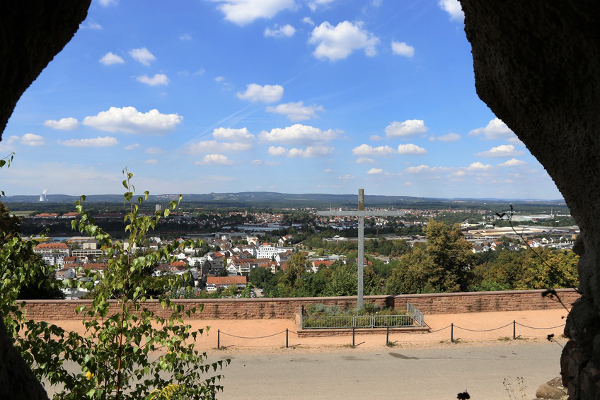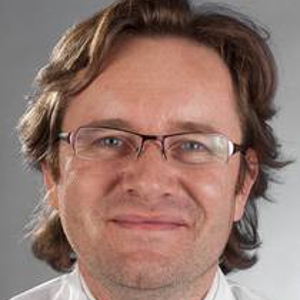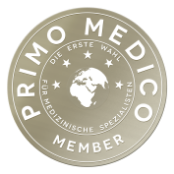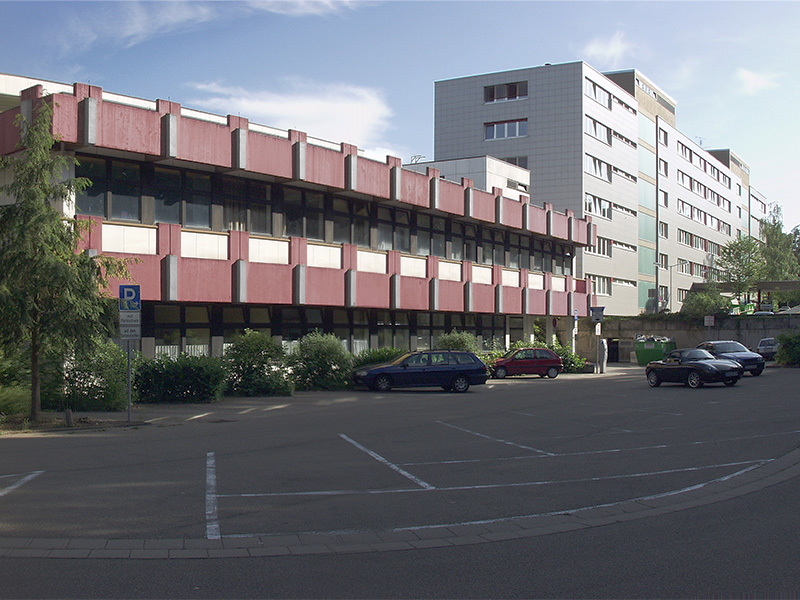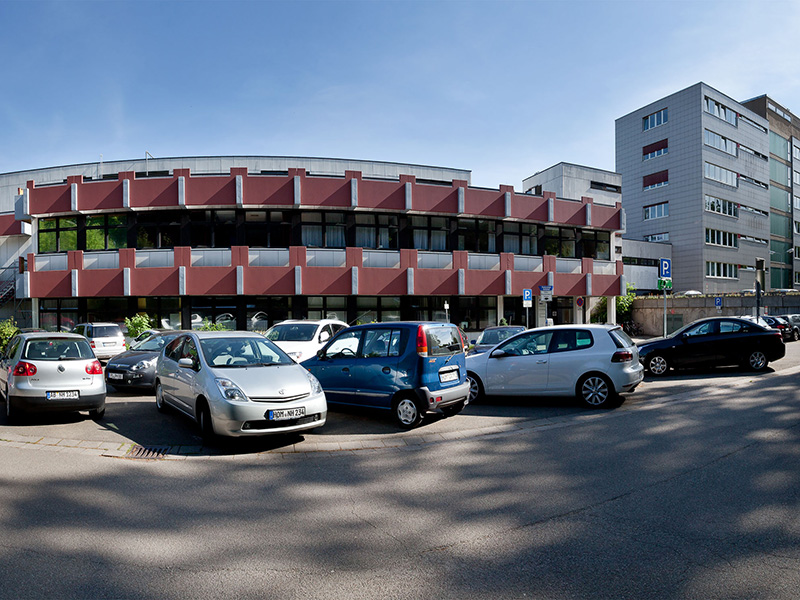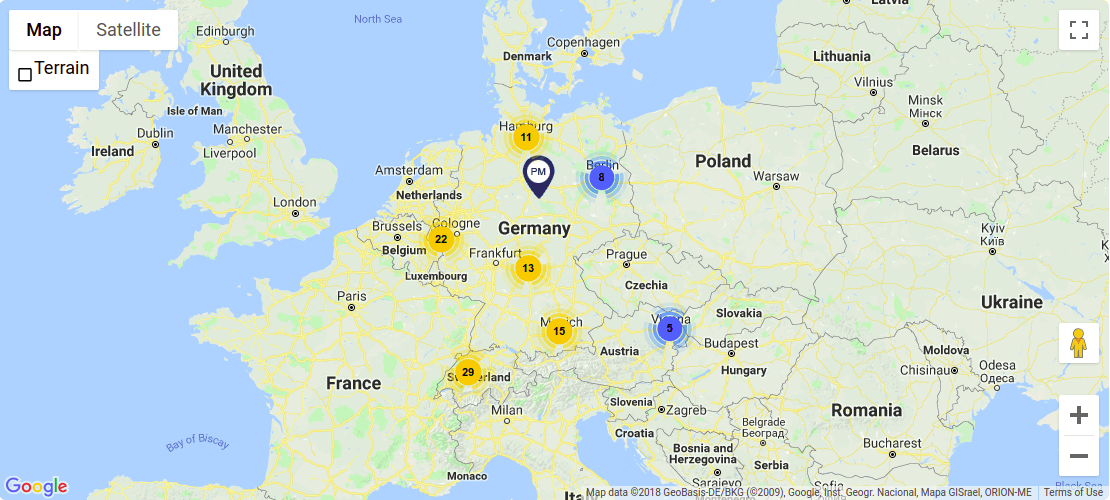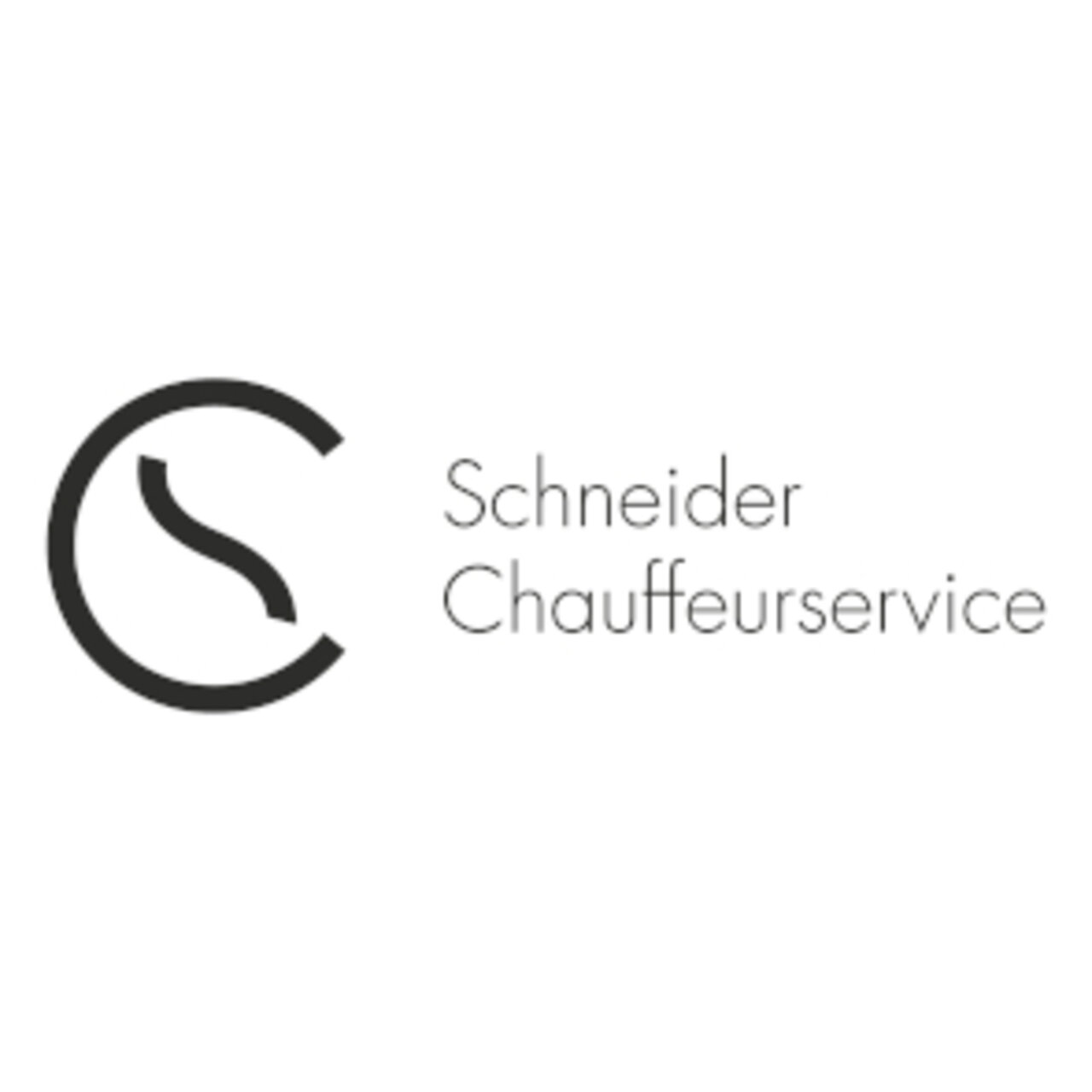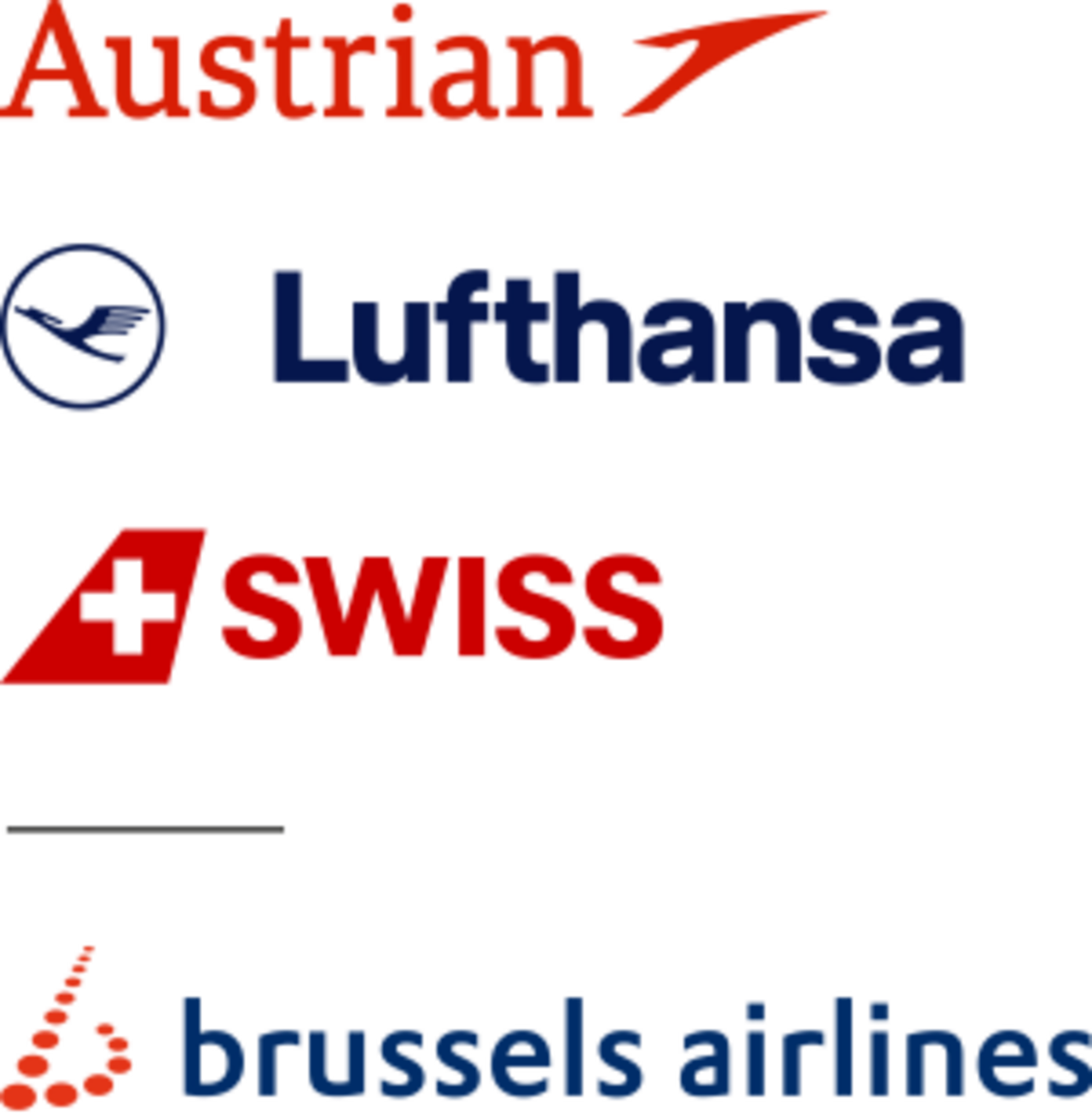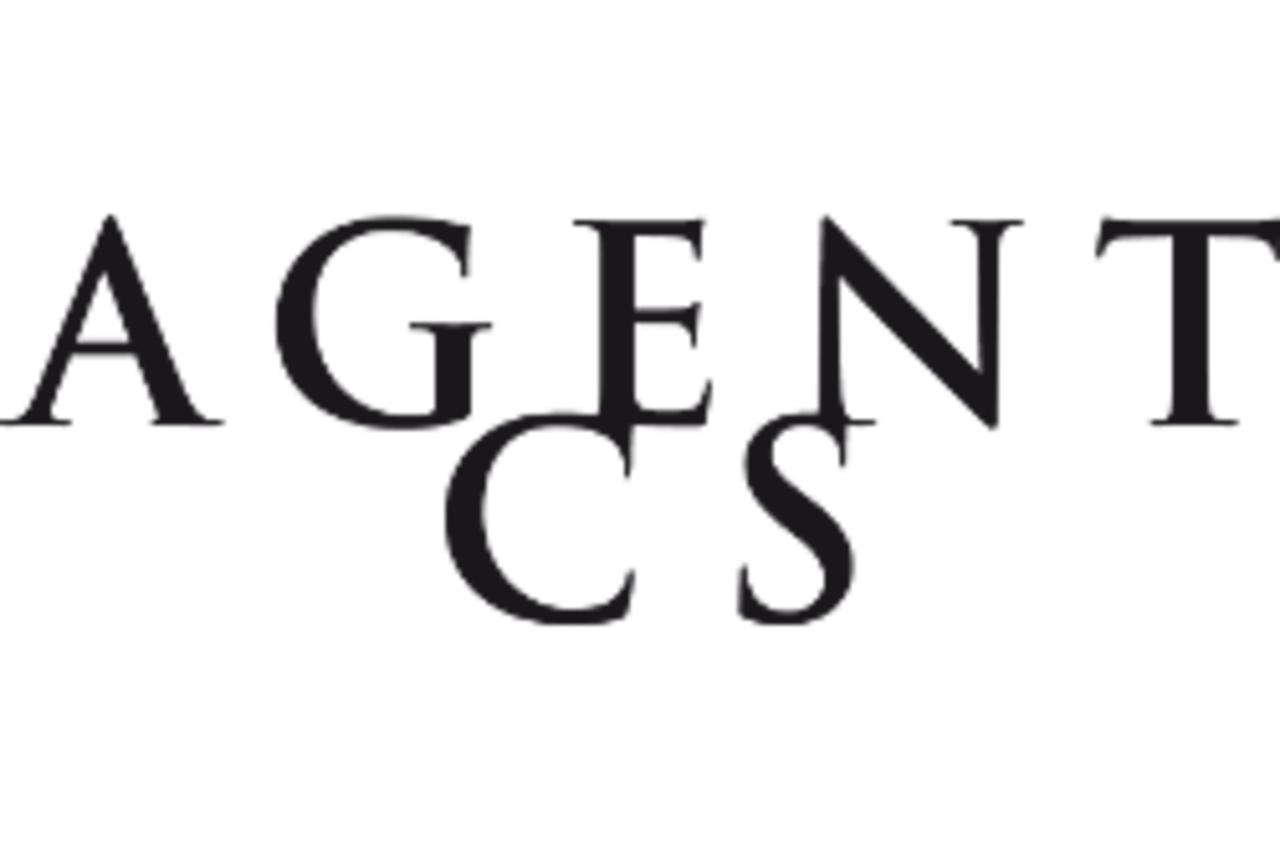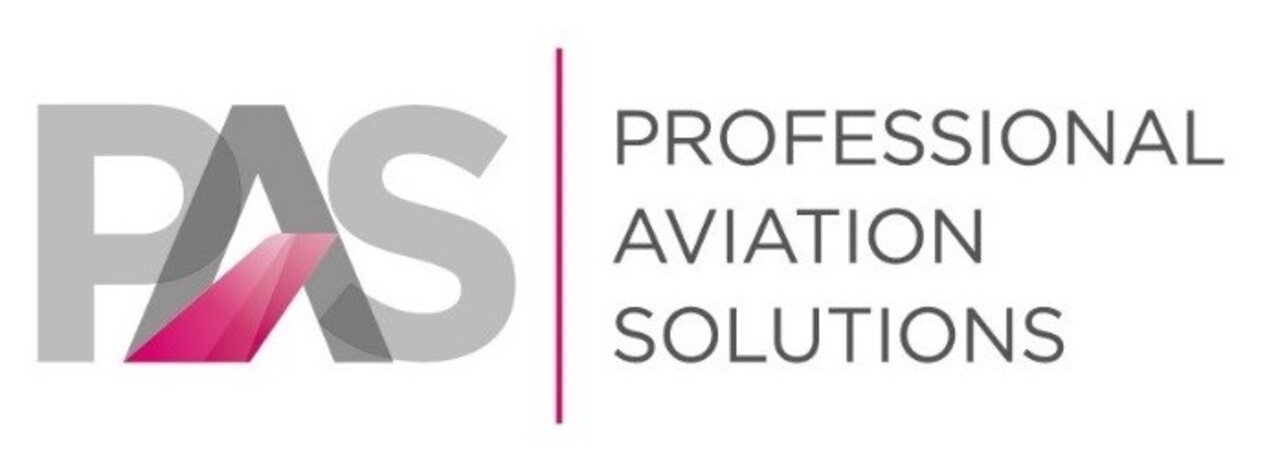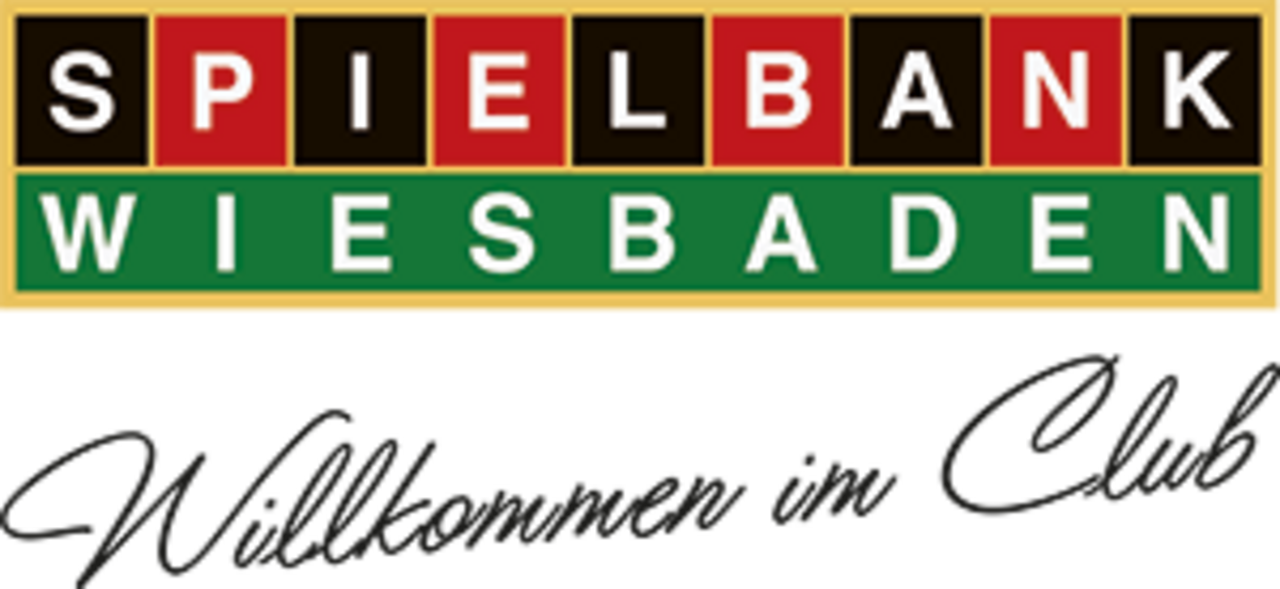Neurosurgery Specialist Saarland: Prof. Dr Joachim Oertel
Treatment focus
- Brain tumors (meningiomas, gliosis, posterior fossa tumors, pituitary tumors).
- Spine (herniated discs, spinal stenosis, trauma, or tumors)
- Pediatric neurosurgery (hydrocephalus, brain tumors, craniostenosis, spina bifida)
- Vascular neurosurgery (aneurysms, cavernomas, arterio-venous malformations, cerebral hemorrhages)
- Stereotaxy and neuromodulation
- Neurotraumatology (fractures of the spine, traumatic bleeding of the spine and head, traumatic brain injury)
Contact
University Hospital of Saarland
Department of Neurosurgery
Kirrberger Straße / Gebäude 90.5, D-66421 Homburg
P: +49 6841 178 3026 F: +49 6841 16 24480
Consultation Hours:
Neurosurgical Private Outpatient Clinic
Mondays: 12:00 PM to 4:00 PM
Thursdays: 3:00 PM to 4:00 PM
Neurosurgical University Outpatient Clinic
(T: +49 6841 16 24412)
Mondays to Thursdays: 8:30 AM to 1:30 PM
Fridays: 08:30 AM to 1:00 PM
Respectively after arranging an appointment

Medical Range
Range of Diagnostic Services
- Preoperative navigated transcranial magnetic stimulation (nTMS)
- Preoperative diffusion tensor imaging fiber tracking (tractography)
- Intraoperative CT
- Neuronavigation perioperative/intraoperative neuromonitoring
- Intraoperative cortex stimulation and subcortical stimulation
Range of Therapeutic Services
- Neuroendoscopy: intracranial neuroendoscopy (hydrocephalus treatment, intraventricular tumors, intraventricular cysts, arachnoid cysts) minimally invasive spine surgery, aneurysm surgery
- Neuro-oncology: meningiomas, glioblastomas, pituitary tumors, acoustic neuroma, brain metastases, spinal tumors, intraventricular tumors
- Pediatric neurosurgery: astrocytomas, glioblastomas, medulloblastomas, ependymomas, craniostenoses, hydrocephalus, spina bifida
- Vascular neurosurgery: cerebral aneurysms, cavernomas, arterio-venous malformations (AVM, angiomas) and AV fistulas, circulatory disorders due to vascular occlusion or constriction
- Spinal surgery: herniated discs, spinal stenosis, stabilization of degenerative diseases, spinal injuries, spinal infections
- Peripheral nerve surgery: nerve compression syndromes, nerve reconstructions, tumors of peripheral nerves
- Stereotaxy and functional neurosurgery: stereotactic tumor biopsies, neuromodulation, deep brain stimulation
- CSF circulation disorders: Hydrocephalus occlusions, normal pressure hydrocephalus, idiopathic intracranial hypertension, arachnoid cysts, colloid cysts
- Neurosurgical intensive care: craniocerebral trauma, intracranial hemorrhage
More Information
Card
Prof. Dr Joachim Oertel is a specialist in neurosurgery and the medical director of the neurosurgery department, and the head of the neurooncology center of University Hospital of Saarland.
Under the direction of Prof. Oertel, the department of neurosurgery treats a wide range of neurosurgical clinical pictures. As a result, patients are guaranteed care, professional competence, flexibility, state-of-the-art medical equipment, a high standard of hygiene, a passionate, trained staff, and comprehensive care before, during, and after surgery.
Neuroendoscopy
The term neuroendoscopy means that the surgical procedure is performed using keyhole surgery. A so-called endoscope with a tiny camera is placed into the surgical area through a short incision in the skin. This makes it easier for the surgeon to get an overview of the surgical area, especially in the case of small structures and offers the advantage of reduced soft tissue trauma. Angled optics are also used so that even difficult-to-reach structures can be reached and viewed.
In the head, endoscopic techniques are used to treat intraventricular tumors, cerebrospinal fluid circulation disorders, and intracranial cysts. Endoscopically assisted surgery can also be used to treat intracranial aneurysms. This surgical option can also add value to intracranial tumors at the skull base. The tumors can be removed entirely with a higher probability of success.
Herniated discs, synovial cysts, and spinal stenosis can be treated endoscopically in the spine. In addition, minimally invasive and endoscopic techniques are also used for stabilizing surgeries on the spine.
The neurosurgery department in Homburg conducts intensive research into the improvement and further development of endoscopic and minimally invasive surgical procedures. Under the direction of Prof. Oertel, it has achieved international renown in this field.
Neurooncology Center
Cancer patients are cared for comprehensively and holistically in the Neurooncology Center Homburg. Patients are thoroughly informed about their disease and all therapeutic options. There is also sufficient time for questions about the disease for the patients and their relatives. In addition, opportunities for psychosocial connection are offered, which can be taken advantage of by each patient. For the surgical treatment of brain tumors or spinal tumors, state-of-the-art therapy options are available at University Hospital of Saarland, which can be applied differently depending on the clinical picture.
Complete or partial surgical resections can be considered, whereby the tumors are made visible in advance for the surgical intervention using contrast media. In addition, radiation therapy may be considered, which is carried out by colleagues from the radiation oncology department. Likewise, various cancers are also treated with chemotherapy, and the appropriate cytostatic drugs are selected based on the type of tumor and patient profile. The neuro-oncology center offers various supportive therapy services to help the patients feel better during this stressful treatment period and reduce side effects.
The neurosurgery department participates in various national and local studies on diagnosing and treating neuro-oncological tumors, enabling patients to receive state-of-the-art treatment.
Extensive neuropathological diagnostics of tumor tissue are also performed at the site, and a broad range of scientific questions in tumor genetics of neuro-oncological tumors.
Pediatric Neurosurgery
The surgical procedures of pediatric neurosurgery, and perioperative treatment of pediatric patients, are performed by an experienced pediatric neurosurgical team led by Prof. Dr Oertel. The treatment of pediatric patients is an integrative process and closely connected to other disciplines. Therefore, the neurosurgical team works with pediatrics, neuroradiology, pediatric surgeons, and oral and maxillofacial surgery.
Inpatient care for young patients is provided in the pediatrics ward. The neurosurgeons conduct daily medical rounds for the children being treated and maintain a close exchange with the respective ward physicians. Possible treatment foci of pediatric neurosurgery may include infantile hydrocephalus, brain tumors, cranial deformities associated with craniostenosis, and spina bifida, colloquially known as an open back.
Vascular Neurosurgery
If pathological changes develop in the cerebral vessels, this can have dangerous consequences in the longer term. Vascular neurosurgery deals with the diagnosis and treatment of such vascular diseases of the brain so that severe consequences can be avoided with a higher probability. Aneurysms are bulges in the vessel wall that can steadily grow over time. This carries the risk of cerebral hemorrhage with possible complications, so aneurysms above a specific size should be treated surgically or interventionally.
For this purpose, neurosurgeons use a clip on the neck of the aneurysm, which separates the aneurysm from the blood flow of the vessel. Severely dilated capillaries, so-called angiomas or arteriovenous malformations, which represent a short circuit between the arterial and venous systems, can also be treated surgically. Through close cooperation with the department of neuroradiology, it is also possible to offer patients interventional therapy procedures so that a therapy concept tailored to the individual patient can be designed.
Stereotaxy
Stereotaxy describes using electrodes in deep-lying brain structures to take biopsies of changes that have previously become conspicuous or to perform deep brain stimulation, for example, in Parkinson's disease. For the procedure, a stereotactic base ring and suitable localization discs are used to precisely locate the desired structures.
Beforehand, an exact calculation of the location is made, which can be localized more precisely using computer tomographic procedures or magnetic resonance imaging, among other methods. This is necessary because the altered structures are often so small that an exact calculation is important to hit the appropriate area while sparing surrounding structures. In addition, when correctly localized, placing the electrodes can selectively disable specific circuit nuclei and connecting pathways that contribute to the symptomology of the condition.
Spine Surgery
Spine surgery encompasses various clinical pictures of the spine that prove insufficiently treatable conservatively, including herniated discs, spinal stenosis, degenerative diseases, tumors of the spinal canal, and trauma resulting from accidents.
Herniated discs are a common clinical picture and can cause a high level of suffering. However, surgical intervention can provide relief if conservative measures cannot achieve long-term improvement or if paralysis occurs due to pressure on exiting nerves. Surgeries on the spine are preferably performed using minimally invasive or endoscopic techniques. This offers the advantage that there is usually less pain postoperatively because the wound area is smaller and the wound healing process shorter. Usually, a more temporary hospital stay is necessary.
Neurosurgical Intensive Care
The neurosurgical intensive care and monitoring department of the Homburg Hospital for Neurosurgery provides 12 ventilation places and 8 monitoring places to treat critically ill patients. The intensive care area also enables the best possible monitoring of patients after complex neurosurgical interventions. A specialized team of physicians, nursing staff, and physiotherapists treat patients with neurosurgical clinical pictures during their stay.
Team
- PD Dr Stefan Linsler
Representative Director of the Department and Senior Physician in Charge - PD Dr Gerrit Fischer
Managing Senior Physician for Teaching and Further Training - PD Dr Sebastian Senger
Managing Senior Physician for Human Resources - Prof. Dr Ralf Ketter
Head of the Neurosurgical Intensive Care Unit, Neurooncology - PD Dr Dörthe Keiner
Senior Physician - Dr Dorothea München
Senior Physician Neurosurgical Intensive Care Unit - Mohammed Hasanain
Senior Physician - Dr Saskia Kantak
Senior Physician, Specialist Physician for Anesthesia, Head of the Neurosurgical Intensive Care Unit
Transport Connections
| Homburg (Saar) Main Station | 3.2 km |
| Zweibrücken Airport | 18.9 km |
| Saarbrücken Airport | 28.7 km |
| Saarbrücken Main Station | 39.0 km |
Information about Homburg
Homburg is the economic and scientific center of the Saarpfalz district and the Bliesgau Biosphere.
For decades, the district and university town has been among the excursion destinations that exert a unique charm for those interested in art and cultural history.
The Jägersburg recreation area invites visitors to rest and relax between the castle pond with the baroque Gustavsburg and the bridge pond. In addition, visitors can enjoy the beautiful landscape around several ponds and stop off at one of the numerous restaurants.
